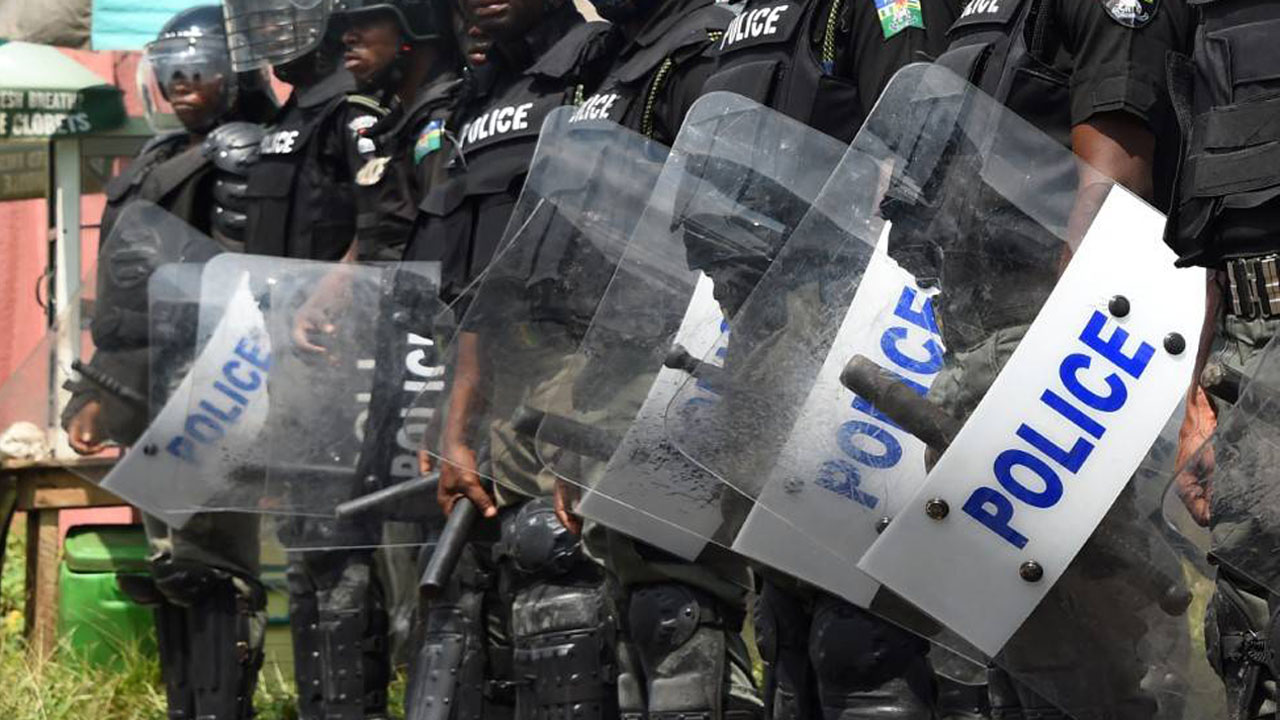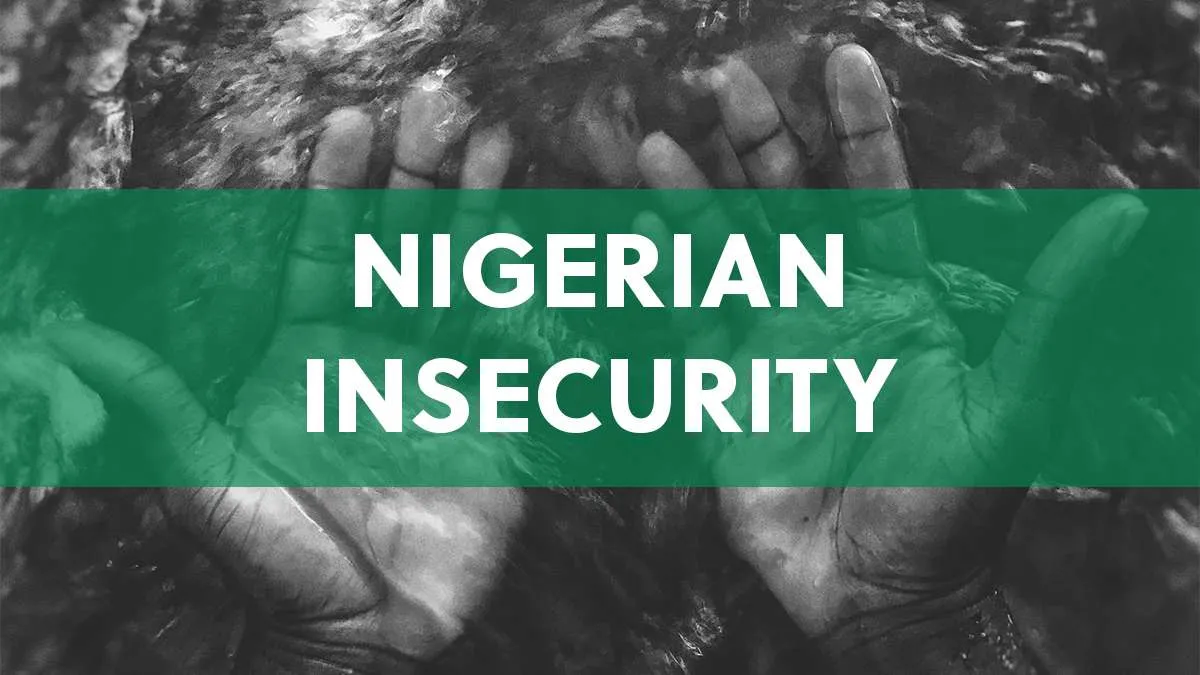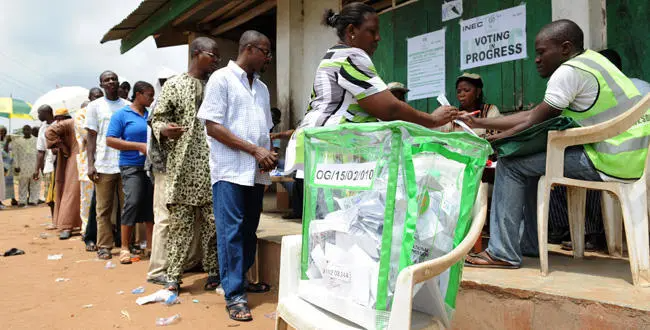
When I was in primary school in the late 60s and early 70s in the South-East, our teachers used to grade our promotion examination with pass, poor pass or fail. While those with pass and poor pass were promoted to the next class, the failures were not promoted but had to repeat the class.
Of course, repeating a class was shameful and humiliating but there was nothing those affected could do other than to accept their fate. But those who scored poor pass didn’t feel humiliated, having been promoted and numbered among the successful pupils. The only thing they were expected to do was to work extra hard to get pass and not poor pass again.
And, as a matter of fact, many of the poor passes performed better in subsequent exams. Some even surprised everybody by beating the supposedly brighter pupils, which showed they had put in more effort. Those who failed to work harder were dumped, and it is from this group that you got school dropouts. Many derail from that point to become nuisance to the society. The other day, I discussed what men do when a train derails.
There is this argument every year on October 1 Independence Day anniversary as to whether there is anything to celebrate about Nigeria. Majority of people tend to align with the thinking that Nigeria is a failure and so has nothing to celebrate. To this group, Nigeria is a total disappointment when compared with her peers in other continents. But is it really true that there is nothing to celebrate about Nigeria?
Going back to the poor pass classification of Nigeria, poor pass means that Nigeria passed in some sectors but definitely scored low. Pupils who scored poor pass usually had an average of 40 or 41, meaning that it was merely a matter of luck that they didn’t slide to 39 to be graded as failed.
A typical poor pass report card is as follows: English 40; Math 39; Nature Study 40; Bible Knowledge 40; Handiwork 42; Hygiene 38; Handwriting 41; Vernacular 40, making a total of 320 and an average of 40 per cent. That is the result of an academically poor student where I think Nigeria is.
Thus, applying the foregoing to Nigeria and replacing the subjects with economic sectors, Nigeria’s report card at 60, for me, is as follows: Economy 40; Education 39; Infrastructure 40; Healthcare 38; Transportation 40; Industrialisation 40; Employment 41; Foreign Affairs 42, making a total of 320 and an average of 40 per cent. A country with 40 per cent score card is weak in all ramifications and that is what the state of Nigeria manifests.
The question to ask is why did the pupil score poor pass? Obviously, a number of factors were responsible for the ugly performance. These may include indiscipline, failure to take his studies serious, absenteeism, not paying attention in class, radicalism, not doing assignments including home work, among others. Similarly, Nigeria’s poor state of affairs is due to the following factors:
No unity of purpose: Since the amalgamation of the Northern and Southern Protectorates by the British Governor General, Lord Fredrick Lugard, in 1914, there is no unity of purpose as each disparate nation that were clobbered together believes in itself and not in Nigeria. There is no agreement on any issue.
Tribal/ethic leadership: The lack of unity of purpose gave birth to ethnic leaders at independence. With the exception of Dr. Nnamdi Azikiwe, who preached One Nigeria to the end, his contemporaries in the other regions were more preoccupied with their regions. Arguably, the inability of the politicians to forge a common united front led to the political crisis the engulfed the newly independent Nigeria leading to the brutal 3-year civil war.
Military intervention: The emergence of the military on the political scene in 1966 helped to derail Nigeria. The military that intervened with supposedly good intentions to right the wrongs including curbing corruption turned out to unmake Nigeria ever since then.
Abrasive corruption: The military condoned corruption it set out to curb after it tested power and saw that it was juicy and sweet. Consequently, what should have been a democratic Federal Republic of Nigeria turned out to become the Federal Republic of the Nigerian Army according to Gen. Chris Ali (retd) in his iconic book.
The other factors include flawed constitution that unduly vested much power at the centre; political domination by self-imposed Hausa-Fulani overlords, marginalization, injustice and lack of peace and harmony.
Except these issues are consciously addressed with commitment, Nigeria may eventually fizzle out for lack of progress given the growing agitations of different ethnic nationalities.






